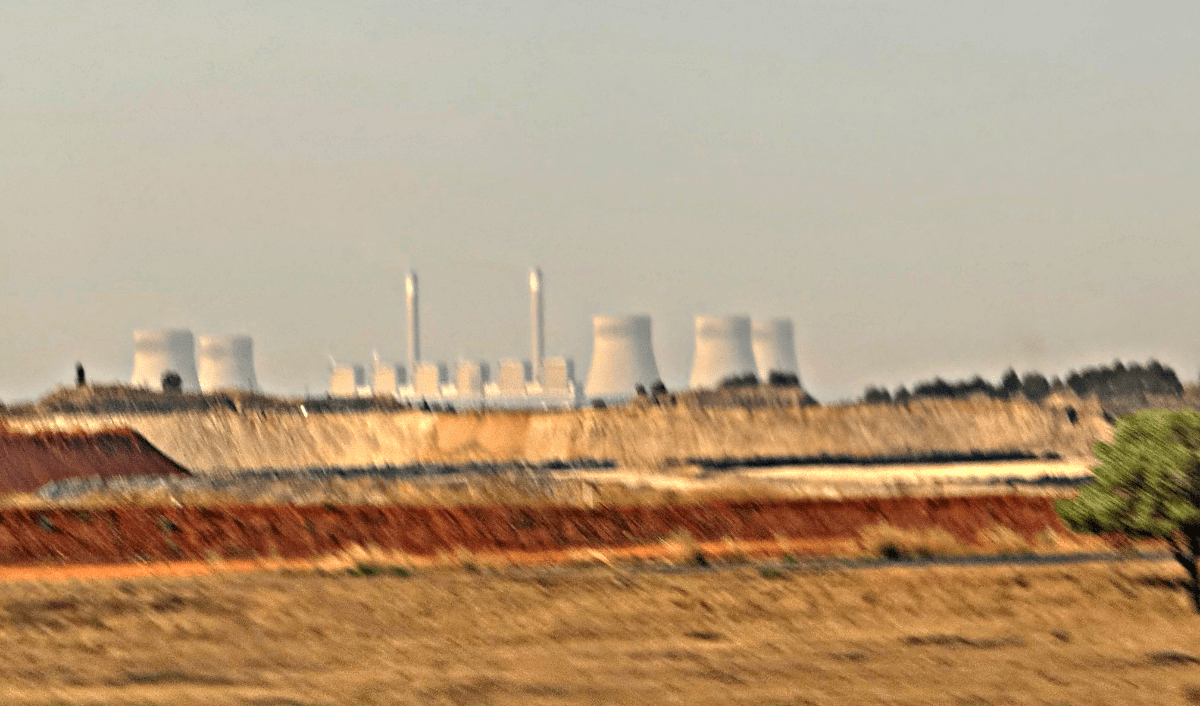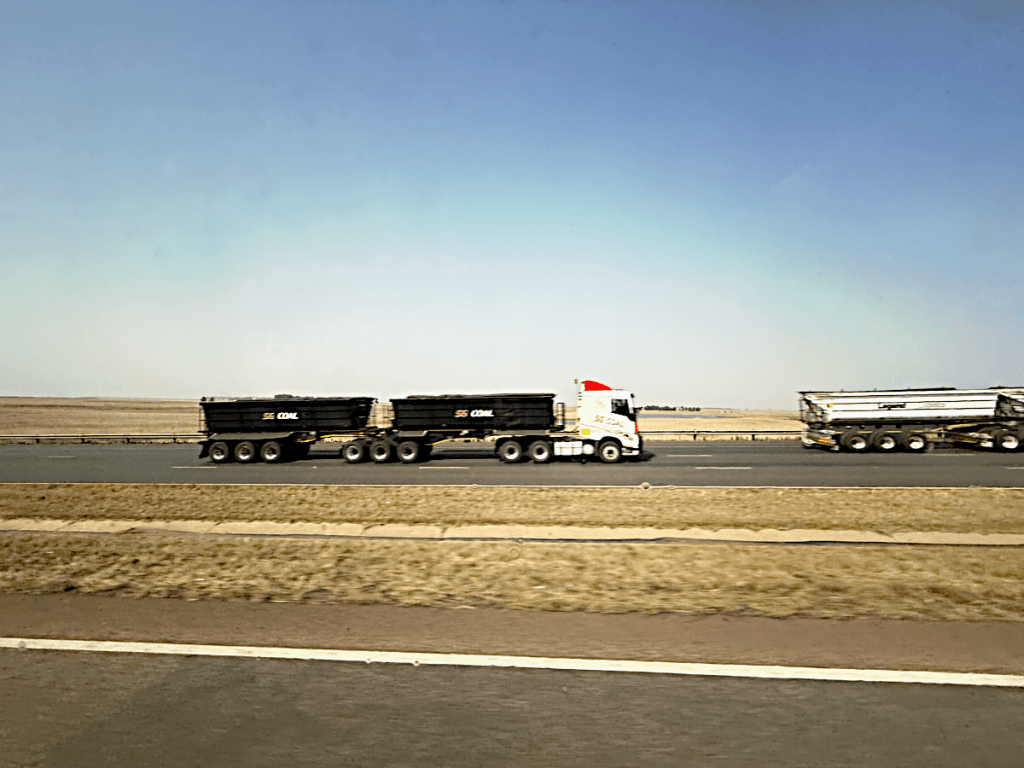Sandra Dunham
For the last several months, CFIC member and volunteer, Todd DeRyck has been providing us with information about nuclear energy and connecting us with experts in the field. Even before this, I was a proponent of nuclear energy because I believed that the effects of burning fossil fuels would kill us long before the nuclear waste did. Since I’ve been learning more about nuclear, I’ve gone from believing that we are pursuing the lesser of two evils to believing that nuclear energy is the best way for us to meet global energy demands.
Recently, I traveled to South Africa, which caused this commitment to nuclear energy to grow. In his presentation “Energy, Prosperity and Geopolitics” Todd discusses the ideas of “energy poverty” and the increase in the use of fossil fuels to power the world. I witnessed both on my trip.
While officially, over 87% of South Africans (possibly more than 90%) have access to electricity, Earthlife Africa claims that the increasing cost of electricity means that 45% of South African households have limited or no access to power due to its price.
South Africans’ access to electricity is also unreliable. To manage the difference between supply and demand, South Africans have faced “load-shedding” in which parts of the grid are disconnected when there is insufficient energy supply to meet demand. Load shedding purposely imposed blackouts on some parts of the electricity grid in order to provide some grid stability.
According to a South African I met during my travels, the voltage of the power is also unreliable. This leads to low-quality lighting and damages appliances. He also shared that while load shedding applies equally to both rich and poor communities, people with wealth have the means to install backup power sources.
Currently, South Africa has 2 nuclear power plants and relies almost entirely on coal (81.6% of all electricity generated) for the rest of its electricity. While the South-African countryside is beautiful, there is a constant haze, caused by pollution and driven largely by coal-generated power. Both the burning of fossil fuels and their transportation are major emitters. We witnessed hundreds of coal trucks each hour on the highway.
Energy poverty is real. The uncertain supply of electricity affects the manufacturing sector, increasing already high unemployment rates (over 33%) and impacts its already poor population with increased costs of replacing electrical appliances. And, of course, there is the health risk associated with constant high levels of exposure to air pollution.
South Africa’s reliance on coal is perhaps understandable, as it is the number 1 coal producer in the world. However, a transition to nuclear energy could be facilitated by its large uranium deposits. The country is estimated to be the 10th leading uranium producer in the world.
Energy poverty disproportionately impacts poor nations; however, the emissions created by burning fossil fuels are a global issue. Perhaps a road to reducing dependence on fossil fuels would be for the first world to make significant investments in nuclear infrastructure in third world countries, which are significant contributors to global carbon emissions through coal fired power. Better access to clean energy is the answer to both the local and global situation.
If you would like more information about why nuclear energy is the best choice, listen to Podcast for Inquiry’s New Nuclear News and Is nuclear energy low carbon, cost-efficient, and sustainable? both featuring Jason Donev.
Footnote: The author is aware that global air travel is also contributing to global carbon emissions.



I agree that nuclear power is likely far cleaner than coal. Unfortunately, I don’t know how to universalize it – given the world’s energy needs it just seems we don’t have enough, assuming a lifestyle vaguely like what we are used to.